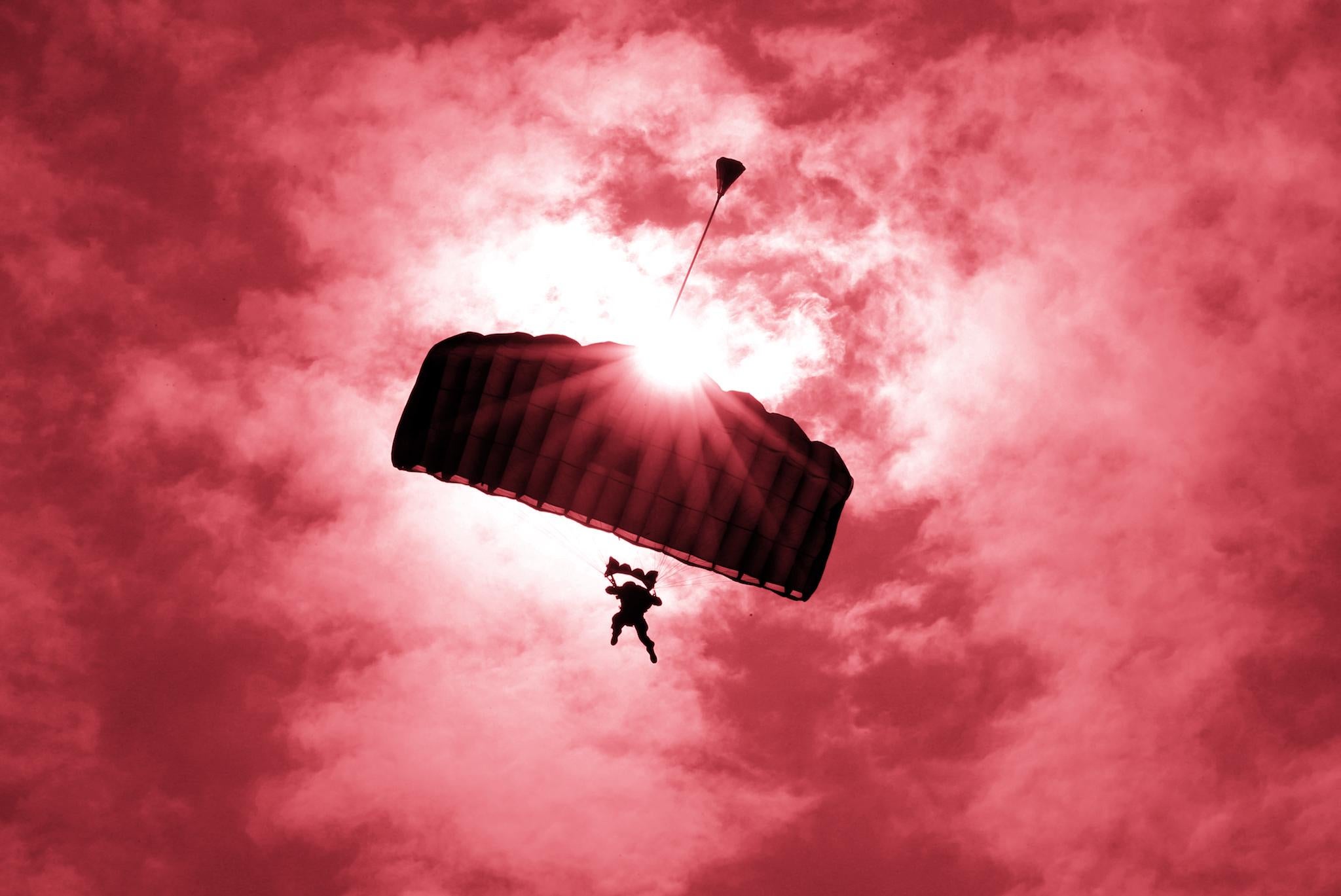War games: What are the military exercises Trump promised Kim Jong-un he will cancel, and why does it matter so much?

Your support helps us to tell the story
From reproductive rights to climate change to Big Tech, The Independent is on the ground when the story is developing. Whether it's investigating the financials of Elon Musk's pro-Trump PAC or producing our latest documentary, 'The A Word', which shines a light on the American women fighting for reproductive rights, we know how important it is to parse out the facts from the messaging.
At such a critical moment in US history, we need reporters on the ground. Your donation allows us to keep sending journalists to speak to both sides of the story.
The Independent is trusted by Americans across the entire political spectrum. And unlike many other quality news outlets, we choose not to lock Americans out of our reporting and analysis with paywalls. We believe quality journalism should be available to everyone, paid for by those who can afford it.
Your support makes all the difference.Donald Trump has announced an end to US "war games" around North Korea, causing confusion around the world.
The result has stunned many onlookers – including, it seems, both the US military and the South Korean government.
It marks a major change in US policy, and a considerable concession to North Korea.
As such, it could be a central part of the new announcements, which include a range of agreements between the US and North Korea.
What are war games?
They are military exercises on a huge scale: involving tens of thousands of troops and the vast amounts of military equipment they would use in a real situation.
The US has traditionally said the exercises are intended only to be defensive, and they shouldn't be seen as a provocation. But Donald Trump called them "very provocative" during a press conference, reflecting the generally held opinion that they are intended as displays of strengths towards North Korea.
The drills have already been winding down a little in recent months.
The US completely halted them during the Winter Olympics in South Korea. That followed growing displays of its might in the run-up to the tournament, but was done to ensure that security forces could focus on the tournament itself, US officials said.
It started them again after, though they were somewhat subdued when compared with the heights of US displays of power against North Korea.
Why do they happen?
They are ostensibly about ensuring that the forces are ready for any real military operations they might be asked to conduct. But they are also about sending a message: making clear how prepared those forces are, and how disastrous any attack would be.
(Cancelling them, too, undoubtedly has some of the same effect: it means that North Korea will be safer, but it also is a clear message they should feel safer.)
Why are they being called off?
Donald Trump has repeatedly suggested that a large part of the reason is the budget, calling the exercises "expensive". “The war games are very expensive, we pay for the majority of them,” he said during a news conference.
During the same conference he said that he "knows a lot about airplanes", and had used that knowledge to understand just how expensive the missions were.
But there is of course another reason, too. North Korea has repeatedly cited the exercise as part of the reason why it feels it needs to build up its military arsenal – and so it seems likely that committing to stop them might have been a central part of attempting to convince Kim Jong-un that there is no military threat, and to encourage him to commit to denuclearisation.
Why does that matter?
Aside from their military use, the exercises are a point of pride for South Korea and the US, and opposing them has a similar function for North Korea.
Calling them off is a considerable step for Mr Trump to take, given the importance they have taken on in recent years. Given how much store has been set by them among US military officials, and how upset North Korea has been by them, stopping the exercises looks like a considerable capitulation.
How has the world reacted?
Largely with confusion.
Both the US military and the South Korean government seemed to suggest they weren't aware of Mr Trump's plans and didn't know exactly what it would do about them.
Stars and Stripes, a news organisation that closely covers the US military, said that senior officials hadn't yet received any instructions to stop any ongoing exercises. "In coordination with our [South Korean] partners, we will continue with our current military posture until we receive updated guidance from the Department of Defense ... and/or Indo-Pacific Command," spokeswoman Col. Jennifer Lovett told the newspaper in an email.
The South Korean government said that it was working to understand what Mr Trump was talking about. "At this moment, we need to figure out president Trump's accurate meaning and intention," it said in a statement.
Join our commenting forum
Join thought-provoking conversations, follow other Independent readers and see their replies
Comments